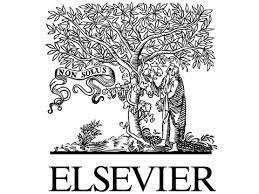An Application of Erikson’s Psychosocial Theory to Anita Desai’s Voices in the City
DOI:
https://doi.org/10.3390/2fafep32Abstract
This paper employs the psychologist Erik Erikson’s psychosocial theory of development, the theoretical framework that represents the psychosocial dimensions of alienation in Anita Desai’s novel Voices in the City are examined. The study analyses resolved undevelopmental problems, related to identity and intimacy, resulting in existential disconnection, emotional isolation, and a fractured sense of self while focusing on the psychological paths of the main characters-Nirode, Monisha, and Amla. Desai’s portrayal of contemporary urban life in post-independence India serves as a crucial background for these psychological conflicts. This paper demonstrates how Desai’s characters represent the psychosocial consequences of alienation by applying Erikson’s stages of Identity vs. Role Confusion and Intimacy vs. Isolation. In addition to providing a deeper understanding of Desai's narrative technique, this interdisciplinary approach reveals the psychological theories enduring significance in literary analysis.








